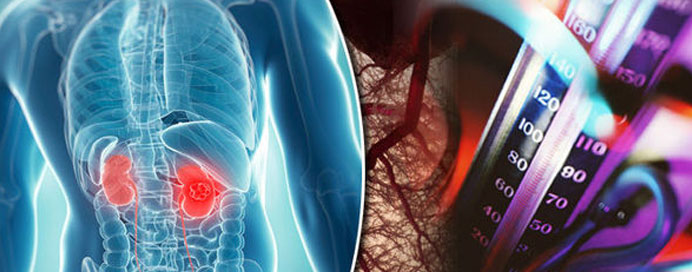High Blood Pressure (Hypertension) & Its Related Kidney Complications
Home / Dr. Rahul Deshpande
Our Services
- Rise In Creatinine
- Blood In Urine
- Acute Kidney Injury
- Glomerulonephritis
- Urinary Tract Infection
- Acid Base Disorder
- Fluids & Electrolyte Disorders
- Prostate Related Problems
- Leakage Of Protein In Urine ( Nephrotic/Nephritic Syndrome)
- Rapidly Progressive Renal Failure
- High Blood Pressure (Hypertension) & Its Related Kidney Complications
- Diabetes & It's Related Kidney Complications
- Chronic Kidney Injury & Its Complications
- Kidney Dialysis Therapy (Hemodialysis And Peritoneal Dialysis)
- Kidney Stone & It’s Medical Management
- Kidney Transplant & It’s Complications
- Interventional Nephrology - Renal Biopsy - Dialysis Catheter (Temporary & Tunnelled Catheters)
- Critical Care Nephrology (ICU Related Kidney Disorders)
- Onconephrology (Cancer Related Kidney Disorders)
High Blood Pressure (Hypertension) & Its Related Kidney Complications

Ah, hypertension, the silent troublemaker. It’s like a ninja, stealthily damaging organs, and the kidneys are often caught in its crosshairs.
High blood pressure can be a double-edged sword for the kidneys. On one side, it can be a cause, and on the other, it can be a consequence of kidney issues. It’s a vicious cycle!
Renal artery stenosis is one way hypertension can lead to kidney trouble. The arteries that deliver blood to the kidneys narrow, reducing blood flow and triggering the release of hormones that can raise blood pressure even more. It’s a domino effect that isn’t fun for anyone involved.
Then there’s nephrosclerosis, where the small blood vessels in the kidneys get damaged due to chronic hypertension. This can lead to reduced kidney function and, in severe cases, kidney failure.
Hypertension is like a relentless force on the delicate filtration units of the kidneys, known as glomeruli. Over time, this constant pressure can cause them to leak protein, a sign that the kidneys are under duress.
The kidneys, in their wisdom, also play a role in regulating blood pressure. If they’re not functioning well due to hypertension, it can create a feedback loop of worsening kidney function and elevated blood pressure.
